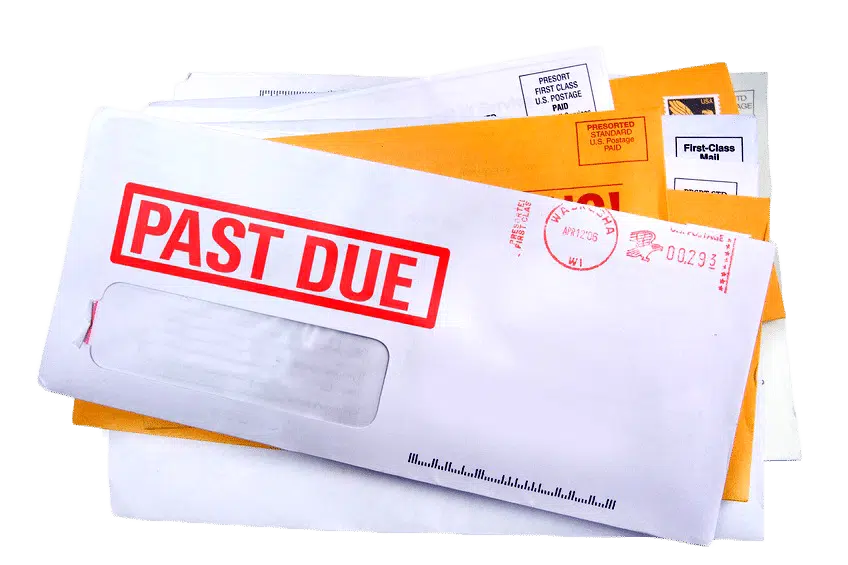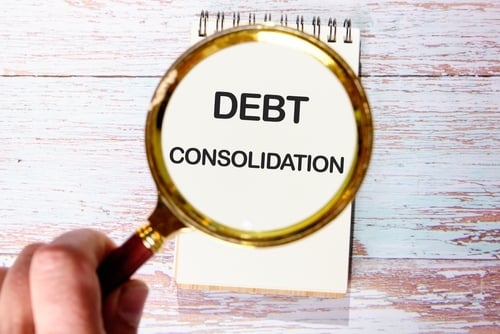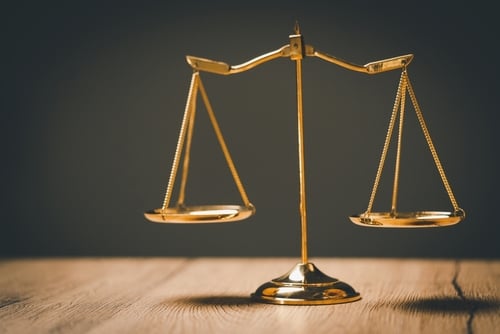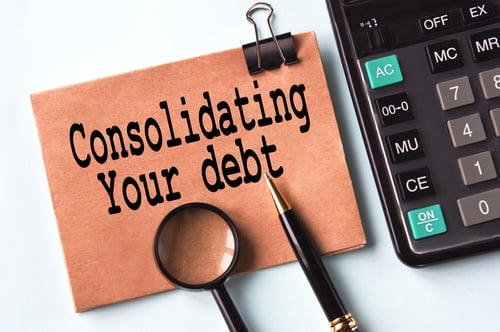How to Deal With Collection Agencies
Debt collection agencies pursue unpaid debts on behalf of creditors while utilizing a variety of tactics that include persistent phone calls, menacing letters, and the possibility of lawsuits that can result in wage garnishment or asset seizures.
Given the inherent stress and unpleasantness involved, there are few experiences less appealing than having to deal with debt collectors. If debt collectors have begun to infiltrate your daily life, this article can arm you with the proper knowledge and techniques to help you cope effectively with this challenging situation.

Two Types of Debt Collection Agencies - Internal and External
When a debtor falls sufficiently delinquent on a debt (typically after ninety days), a creditor’s internal collections department will initiate contact and pursue collections. Depending on the creditor, you may be able to arrange for flexible payment terms and prevent adverse items from being included in your credit report. It is also at this time that the process of debt settlement can be initiated.
With debt settlement, it often becomes possible to negotiate a payoff amount for less than the total balance owed on a debt. If you’re not ready to pursue debt settlement, you can send a cease and desist letter demanding that internal collections not contact you again. Upon receipt of this letter, the collections department is legally permitted to contact you one final time to express any possible legal action that it may undertake, or to simply inform you that it will not be contacting you any further.
After 180 days, if the original creditor has not taken any legal action, it is likely that your debt will be sold to an external collection agency (at a deep discount) or contracted to an external collection agency, at which time the pursuit of collecting on the debt resumes. You should know that it is generally better to pursue debt settlement prior to the original creditor turning your account over to an external collection agency. Employees at these outside collection agencies are typically paid on commission and are therefore incentivized to aggressively pursue collection on your debt and are generally less inclined to agree to debt settlement.
ABC

The Fair Debt Collection Practices Act (FDCPA)
The FDCPA is designed to prevent collection agencies from using deceptive or abusive tactics in their attempts to collect on debts. Under the FDCPA, within five days of initial contact, a collection agency is legally required to notify a debtor in writing of the right to dispute the debt. Additionally, the debtor is entitled to verify the debt – to request the name and address of the original creditor, along with the amount owed. Under the FDCPA, the collection agency must provide this information if it seeks to legally pursue debt repayment. Importantly, if the collection agency cannot provide this information, it cannot legally continue to call a debtor.
You also have the right to dispute the debt within thirty days of being initially informed of it. During those initial thirty days, a collector cannot pursue further collection until the dispute is settled. It is also illegal for collection agencies to threaten to garnish wages if the debtor lives in a state that prohibits wage garnishment, collection agencies cannot threaten to have a debtor arrested, and they cannot threaten to take legal action when they have no intention of following through.
Practical Tips on Dealing with Collection Agencies
For starters, don’t cave in to pressure following an initial contact. It is common for debtors to feel shame and embarrassment regarding unpaid debts, but acknowledging these feelings can prove both liberating and beneficial to a financial situation. Do not pay anything- even a small amount – and do not promise to pay anything. Instead, ask that the debt be verified – get information in writing related to the amount and the creditor and say that you’ll get back in touch when you’ve had the opportunity to review the information. Paying even a small amount can come back to haunt you – especially if the debt has already fallen outside of your state’s statute of limitations for debt collection – as even a nominal payment would serve as acknowledgment of the debt and “re-set the clock” – making the debt once again a legal obligation.
Next, stop talking to debt collectors on the phone and insist on conducting written business only. Write a cease and desist letter if you haven’t done so already. When a debt collector calls, if you’re kept on the phone, tell them they are being recorded. This will often end the conversation. If it doesn’t, be careful not to reveal any information that could be used against you, such as your income or place of employment. Insist on conducting business through the mail, and only negotiate after the collection agency has provided written verification of the debt. If you continue to receive calls after writing a cease and desist letter, file a complaint with the Federal Trade Commission.
Some Final Thoughts
It is not in your best interests to ignore debt collection agencies when they come calling, but rather, to know how to approach them on your terms. Avoid phone calls, insist on written verification of the debt, and insist on conducting business with them only in a written manner. If a debt collection agency runs afoul of regulations included within the FDCPA, file a complaint with the FTC.
Remember that the option of debt settlement is also available to you, particularly when your debt is still managed by the internal collections department of your original creditor. For more information on debt settlement, consult the related pages on our website, and feel free to contact us here at United Settlement. Our experienced debt settlement specialists can help successfully negotiate a manageable settlement for you that can put an end to the unpleasant experience of being pursued by debt collection agencies while positioning you on the road toward a debt-free lifestyle.
If you’re struggling with debt, you may need to seek professional debt relief to help you manage or consolidate your debt. Feel free to give us a call at 888-574-5454.

Are you in debt? we can help
Get Debt Relief
Speak with licensed debt specialists dedicated to guiding you toward financial stability every step of the way.

Ready To Get Started?
See if you qualify for debt relief. Get a Free savings estimate to see how quickly you can be debt free.
Embrace financial freedom with our tailored solutions, expert guidance, and unwavering commitment to your success.
Experienced Professionals
Our experienced team has helped thousands of clients successfully eliminate debt and regain financial freedom.
Customized Solutions
We know every financial situation is different, so we design personalized debt relief plans to fit your specific needs and goals.
High Success Rate
Our proven debt relief strategies deliver real results. With a strong track record of success, we help clients achieve lasting financial stability.
Confidential Consultation
Your privacy is our priority. All debt relief consultations are 100% confidential and handled with the highest level of discretion.
Explore other blogs











